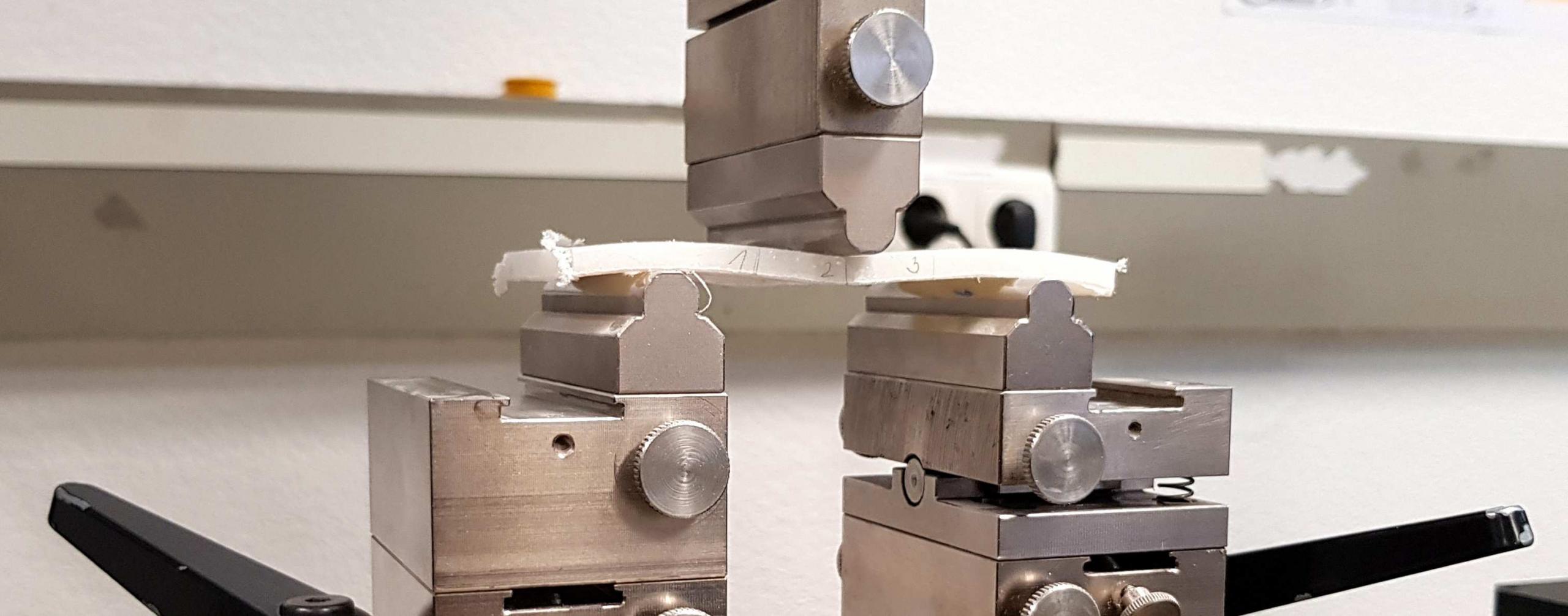
The development of suitable concepts and strategies for the maintenance of the existing infrastructure is becoming an increasingly important part of modern network management. In doing so, a large number of diverse parameters and factors must be analysed and evaluated from both a constructional and a business perspective. For this purpose, one needs a profound knowledge of the relevant influencing factors, such as:
- Age structure
- Pipe network damage
- Gate valves and fittings
- Pressure zones
- Security of supply
- Network development.
Powerful database and software solutions are required to evaluate the network inventory data. Here too, STEIN Ingenieure uses the software product STATUS from Stein Infrastructure Management GmbH and forecasts the development of failure and leakage rates. In this way, we create the basis for the development of optimised strategies for water loss reduction to provide efficient water loss management. This is based on:
Modelling the hydraulic behaviour in the supply network
Excessive pressure conditions within the supply network encourage the development of leaks as well as pipe breaks, and thus represent a frequent cause of water loss. By measuring and analysing your system data, we carry out a complete numeric modelling of your network. This process allows us to determine weak spots in the operation of your network and recommend solutions
Planning of measures for the reduction of water loss
We determine the relevant indicators in the individual zones showing water loss as well as the causes for the loss. Furthermore, we advise our customers on the suitable methods of leak detection and rehabilitation.
Development of a suitable strategy for network operation and rehabilitation
Based on the above steps and analysis of the local aging processes, different budget sizes and rehabilitation requirements can be analysed concerning their effects on the network – so that the most beneficial option becomes clear.
Implementation of a dynamic pressure management
Pressure management is a very cost-effective way to reduce water losses from both visible, reported leaks and hidden, detectable leaks as well as non-detectable leaks and serves to lower the leakage rate significantly. This is achieved by reducing the pressures in the water distribution system and eliminating strong pressure fluctuations or pressure surges. The implementation of a pressure management system thus creates an ideal prerequisite for the implementation of a network rehabilitation strategy.
Services:
- Modelling of the hydraulic conditions in the supply network
- Planning of measures to reduce water losses
- Development of an appropriate strategy for network operation and rehabilitation
- Implementation of a dynamic pressure management
Special services:
- Analysis of larger water supply networks
- Net asset value analysis of networks and plant components
- Statistical extrapolations to determine budget figures and cost models
- Development of suitable rehabilitation strategies
